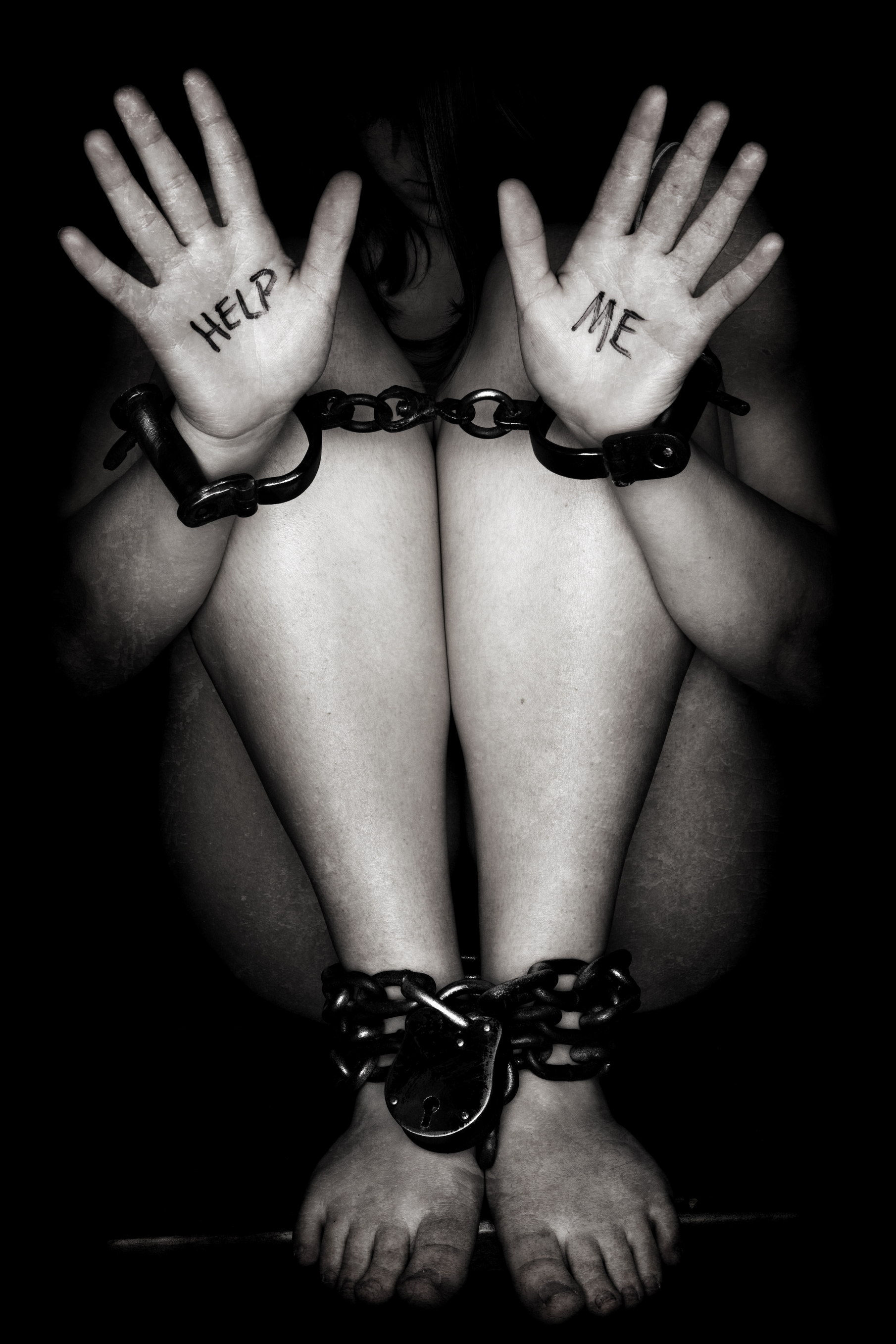Author: Shernide Delva
There are an estimated 21 million people in forced or coerced human trafficking worldwide. That number is just an estimate. Human trafficking can happen anywhere at anytime. It is going on in our backyards, and most of us are unaware of it. Because we are unaware of it, it becomes an unspoken problem. Now, a newly released app plans to combat this epidemic. All it requires is users take photos of their hotel room.
Just by taking pictures of your next hotel room, you can take a small step in helping victims of sex trafficking around the world. The new app is called TraffickCam and allows those traveling to upload photos of their hotel room around the world.
“You just enter your hotel room and your room number. You take four pictures, and you submit them to the website,” Washington University Researcher and TraffickCam developer Abby Stylianou said at a Human Trafficking Town Hall. “And then those become part of the pipeline that law enforcement can use to track down where the victims are being trafficked.”
The hotel room photos go into a database that over time will help law enforcement locate where human trafficking is occurring. Pictures of Hotel rooms are matched against a police database.
“Right now there are pictures posted every day. Hundreds of pictures, in every city around the United States, posted online, that show victims of trafficking, in hotel rooms posed on beds,” she said.
Stylianou says the idea sparked from the times authorities have asked the public to identify a hotel room where human trafficking took place. Often, someone was able to identify the hotel room from the photo.
Now, this app aims to collect hotel room photos in advance. So the next time you check into a hotel room, take pictures of your room and upload them using the app. After all, it is only one extra thing to do on top of your Snapchats and fancy food Instagram pictures. The app is free and available for both iOS and Android devices.
Human Trafficking and Substance Abuse
Substance abuse and human trafficking, unfortunately, go hand and hand. Estimates indicate that between 40 and 85 percent of all prostitutes are drug users. What the media often does not portray is the fact that many victims are not addicts before being traffic. However, when found, these victims are left with drug addictions and dependencies.
There a few ways that substance abuse and human trafficking intertwine. It can be a product of recruitment, control or coping:
- Recruitment: Victims will sometimes end up in human trafficking before any drug abuse. This scenario is very common in the sex industry. Men and women turn to prostitution to support their drug dependencies. Traffickers use this as leverage to obtain workers.
- Control: Traffickers will force drug use on victims as a mean of control, so they get what they want.
“In some cases, a prostitute will be forced by a pimp or other person to take drugs to ensure that they do as they are told… This is particularly true in the case of young people and children” (DARA).
Sadly, this method of control is even used on children as well. Children are sometimes forced to take drugs or drink alcohol, so they are more manipulated into having sex or performing sexual acts without consent. Trafficking victims are often forced to take drugs like heroin or meth because they eventually become dependent on these substances. Traffickers gain control of their victims this way because soon the victims will feel they need to fund their addiction. Now, their addiction binds them to their exploitation. - Coping: Drugs can be a method of coping for victims. Victims of human trafficking may use drugs as a way to numb their pain. Day after day, abusing substances allow victims to deal with the reality of their life and work. Substance Abuse is used “as a way to be able to continue to do the degrading and often violent work” (DARA). Some victims also use drugs in the aftermath to reduce their post-traumatic emotional distress.
As you can see, human trafficking is a major problem across the board. The fact that an app like this could help law enforcement find the location these horrible acts are taking place is a step in the right direction. If you or someone you know has gone through a similar traumatic experience and is struggling with any form of dependency, the time is now to call for help. Do not try to do this alone. If you or someone you love is struggling with substance abuse or addiction, please call toll-free 1-800-951-6135.
